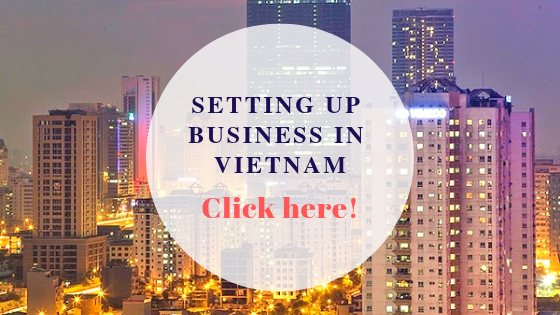Air transportation is the conditional business line and conducted by air transportation enterprises. Air transportation business includes air transportation activity, advertising, marketing and sale of air transportation products on the market for the purpose of making profit.
Therefore, trading in this business line is subject to strict rules of law. The conditional business lines in the field of civil aviation are detailed in Decree 92/2016/ND-CP dated July 1st 2016.
Accordingly, in the field of air transportation, business must meet capital requirements as follows:
The minimum capital requirement to establish and maintain air transportation business:
- Operating up to 10 aircrafts: 700 billion VND for enterprises engaging in international air transportation; 300 billion VND for enterprises only engaging in domestic air transportation;
- Operating between 11 and 30 aircrafts: 1,000 billion VND for enterprises engaging in international air transportation; 600 billion VND for enterprises only engaging in domestic air transportation;
- Operating more than 30 aircrafts: 1,300 billion VND for enterprises engaging in international air transportation; 700 billion VND for enterprises only engaging in domestic air transportation;
The minimum capital requirements to establish and maintain general air transportation business: 100 billion VND.
Air transportation business that has foreign investment must meet the following conditions:
- The foreign parties take up less than 30% of charter capital;
- Must have at least one Vietnam individual or legal entity hold the largest part of the charter capital. In case Vietnam legal entity has foreign investment capital, the foreign capital share should not exceed 49% of the charter capital of the legal entity.
The transfer of share and capital contribution of air transportation business without foreign investment to foreign investor shall be made only after 02 years from the date of issuance of the air transportation business license.
Enterprises have to send the share and capital transfer proposal to foreign investor to Civil Aviation Administration of Vietnam, which includes: The transferee, transfer condition, the number of transferring shares and capital contribution; Development plans for aircraft teams, business plan, development strategies referred to in Paragraph 1, Article 9 of the Decree 92/2016/ND-CP (if any).
Within 05 working days from the date of receiving the proposal from business, Civil Aviation Administration of Vietnam will report to the Ministry of Transportation the appraisal results.
Within 05 working days from the date of receiving the appraisal result report of the Civil Aviation Administration of Vietnam, the Ministry of Transportation will consider approval or disapproval and clearly state the reasons.
ANT Lawyers is a Vietnamese law firm in Vietnam with English speaking lawyers whom understand the laws of Vietnam within the business and the local culture context.
The firm has been advising and representing foreign companies and individual clients interested in either doing business, or needing legal services or representation in Vietnam who are seeking reasonable and competitive solutions without compromising on service quality.


















